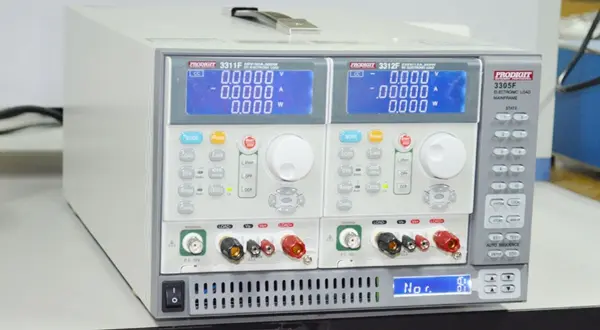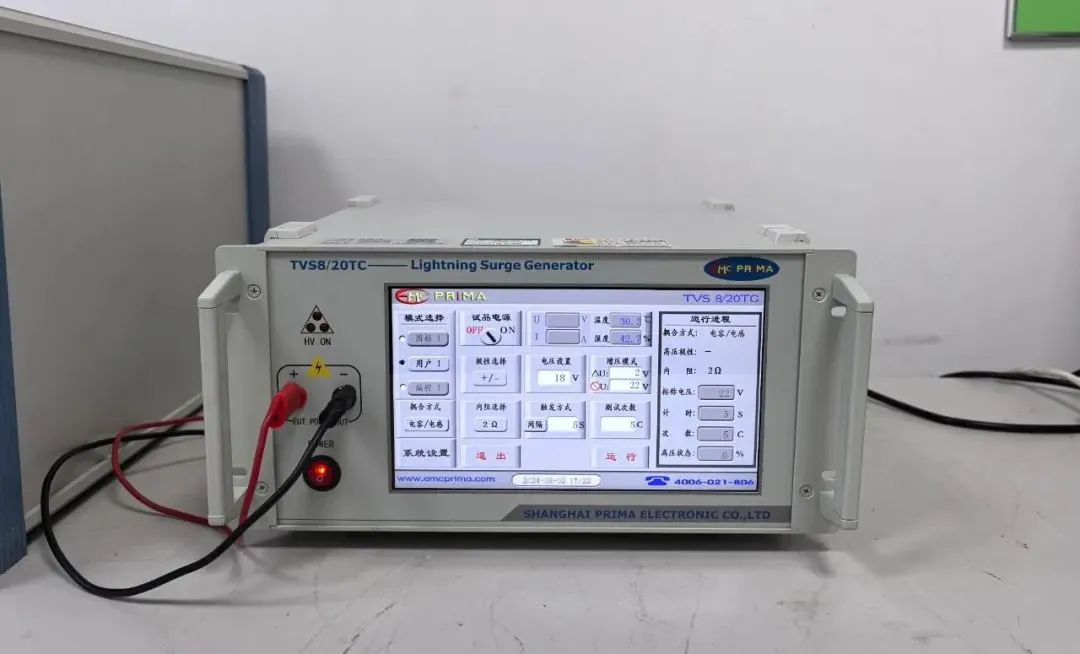
What is ISO 10993-23:2021 Irritation Testing?
iso 10993-23:2021 evaluates the potential irritation risks associated with contact from medical devices. Some materials used in medical devices have already been tested and proven to have irritation potential on skin or mucous membranes. Other materials and their cheMICal components may not have been tested and coULd cause adverse reactions when in contact with human tissues. Therefore, manufacturers are obligated to assess the potential adverse effects of each device before marketing.

The irritation potential of a medical device or its components can be pREDicted through in vivo animal irritation testing or, if appropriate for the device's intended use, through in vitro irritation testing.
ISO 10993-2 addresses animal welfare considerations in animal studies conducted for the biological evaluation of medical devices, and emphasizes the 3Rs principle—Replacement, Reduction, and Refinement of animal use.
ISO 10993-23:2021 describes testing methods to determine the irritation potential of medical devices, materials, or their extracts through in vitro or in vivo tests. When appropriately validated and shown to provide relevant information equivalent to in vivo testing, in vitro methods are preferred (see ISO 10993-1 and ISO 10993-2). Traditionally, small animal testing was conducted to help predict human reactions before proceeding to human testing.
The 2021 edition of ISO 10993-23 introduces in vitro and human tests as supplementary or alternative approaches. For skin irritation testing of pure chemical substances, in vitro tests using reconstructed human epidermis (RhE) models are employed. This method is suitable for detecting irritating chemicals in medical device extracts.
A large inter-laboratory study tested two RhE models and showed they can detect irritating chemicals extracted from common medical device materials such as polyvinyl chloride (PVC) and silicone. Results indicated that the sensitivity of this method to certain strong irritants at low concentrations is comparable to human patch tests and rabbit intracutaneous tests. Therefore, a stepwise approach to irritation testing can begin with the in vitro RhE model.
Validated RhE models are suitable for predicting irritation responses in skin tissue. It is recommended to explore other alternative in vitro models for evaluating irritation potential in mucosal tissues or ocular epithelium.
JJR Laboratory in China provides ISO 10993-23:2021 irritation testing services. Feel free to contact us for more information.
Email:hello@jjrlab.com
Write your message here and send it to us
 What is IEC 62052 for Electrical Energy Measuring
What is IEC 62052 for Electrical Energy Measuring
 Australia LoRa Band 915-928 MHz RCM Compliance
Australia LoRa Band 915-928 MHz RCM Compliance
 What Are the Compliance Certifications for VHF Pro
What Are the Compliance Certifications for VHF Pro
 Which Products Require WERCS Registration?
Which Products Require WERCS Registration?
 Dustproof and Waterproof Ratings IP 54 / IP65 / IP
Dustproof and Waterproof Ratings IP 54 / IP65 / IP
 SAR Standard Testing under the EU CE-RED Directive
SAR Standard Testing under the EU CE-RED Directive
 Differences Between the Three EU Directives: LVD,
Differences Between the Three EU Directives: LVD,
 How to get CE Marking Certification?
How to get CE Marking Certification?
Leave us a message
24-hour online customer service at any time to respond, so that you worry!




